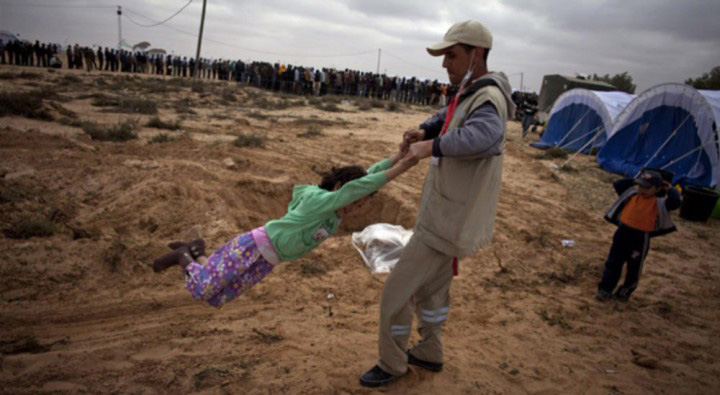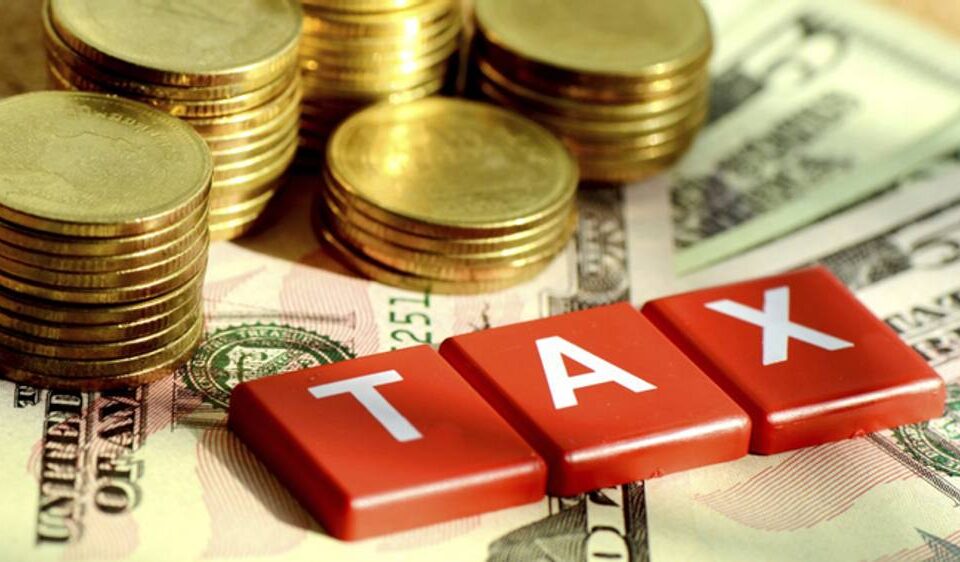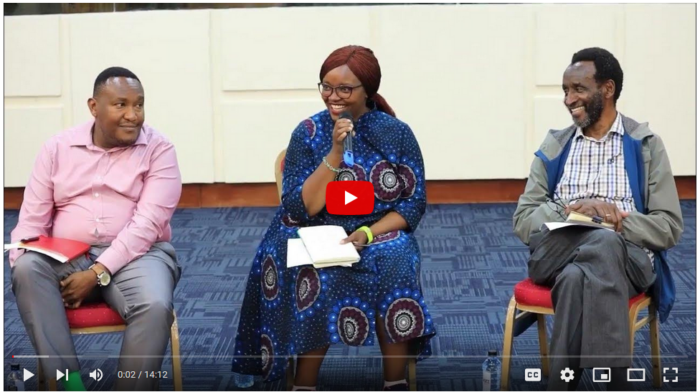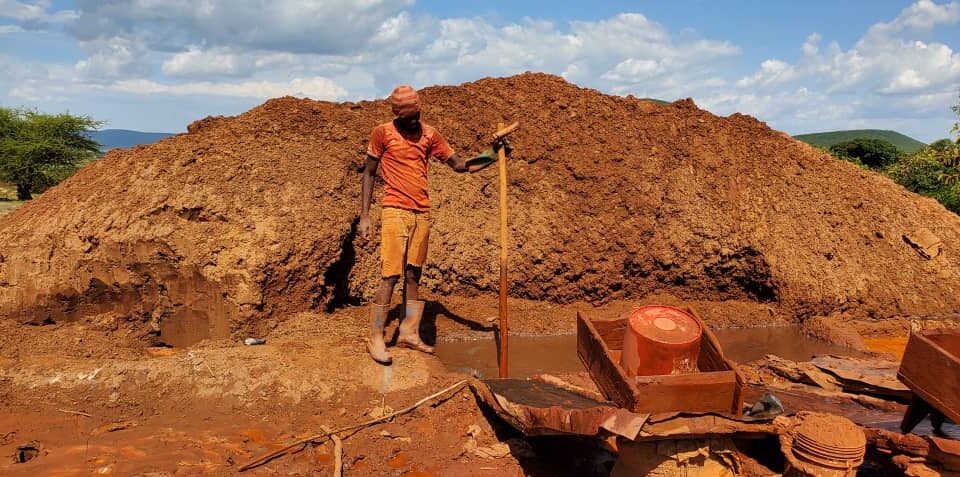The world upside down

“I participate. You participate. They decide”.
November 6, 2015
Are climate change talks a privilege of the few?
December 4, 2015I am deeply honoured to publish my first co-authored post with my colleague and friend Cindy Dubble. She has worked on children’s rights in some of the worst conflict situations around the world – often risking her own life to improve the living conditions of forgotten children. Cindy is, quite simply, one of the best people and humanitarian professionals I have ever met. This blog post is an opportunity to share her wisdom from three decades of helping – and listening to – children affected by war and natural disasters.
============
Perhaps never before this week have we all realised – from Beirut to Paris to Garissa – how critical it is to protect millions of children and youth from violence in this precarious world. A sobering reminder, 20 November will be Universal Children’s Day, marking the anniversary of the most ratified human rights document in history, the Convention on the Rights of the Child (1989).
The document may be record-breaking but the facts unfortunately tell us a different story. Half of the world’s refugees are children, many travelling alone or in small groups that risk falling into the clutches of child traffickers. One in ten children are now living in conflict areas and it is estimated that about two million children are exploited every year in the global commercial sex trade. Hundreds of thousands of children are recruited as soldiers – and the trend is on the rise. With light weapons in their hands, these teenagers end up killing their peers as well as adults, dragged into wars they can hardly comprehend. It’s the world upside down, as we are reminded in this timely video by UNICEF UK:
It only takes a minute for disaster to strike. For a lone child to be abducted by a trafficker, for a bomb to explode, for a rocket to strike, or for an earthquake to shatter communities. Last week’s events in Paris closely resemble what we too often witness through the accounts of thousands of children and their families living in developing countries. The idea that children can be affected by violence and abuse only in far-away places is not only false; it is dangerous to the well-being of our globalised society, where everything is interconnected.
This doesn’t mean we should live in a state of permanent anxiety, wondering if our children are protected enough. Much has been achieved since 1989 but we need to step up our actions to promote the values, the promises and responsibilities enshrined in the Convention on the Rights of the Child – that we will do everything in our power to protect children and ensure their rights everywhere.
In practice, this implies making sure children rely on the best protective shield they can get: their parents. We can teach our children how to minimise risks and keep themselves safe, including online (many nonprofit organisations, like World Vision, offer guidelines for parents). We can offer practical assistance to vulnerable children in our community and encourage our own children to donate clothes, food, toys and time to those less fortunate. We can provide opportunities for children to experience cultural diversity, having them interact with children of all cultures, races and abilities. We can teach our children about children’s rights and how to be a global citizen, so that they can understand the interconnectedness of world events on their lives. For instance, UNICEF has a special website to learn about the effects of war on children in Syria. We can lobby our political leaders to prioritise children’s rights, respect the conventions they sign and promote lasting resolutions to current conflicts.
We need to move away from the rhetoric and concentrate on action – something that is extremely hard to do when it comes to children’s rights. No other issue can be so easily and frequently manipulated to serve the agenda of this politician or that armed group. But it is also equally true that children’s rights strike a chord that few other issues can. They can bring out the best in us, reminding us what we engaged to do, leading us to turn our world back where it should be. Straight up.
(Photo: ©UNICEF/Marta Ramoneda)




